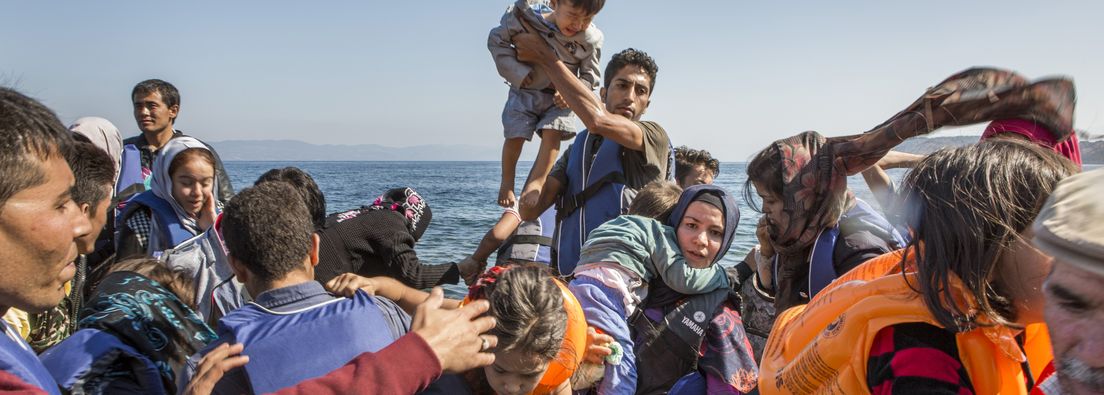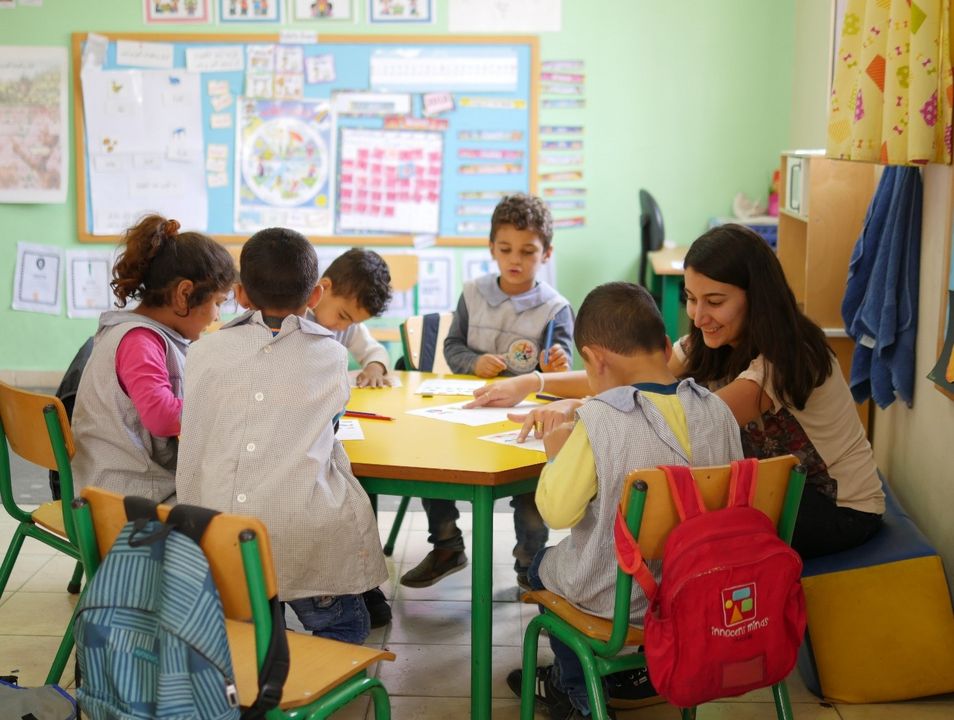Switzerland and the Principality of Liechtenstein have been closely linked by bilateral, economic and political relations for many years. Amongst other things, the two nations share an economic area using the same currency, the Swiss franc. This partnership is also reflected in the cooperation in the field of humanitarian aid, where both countries have co-funded projects for many years.
Engagement of the Principality of Liechtenstein
Even though the Principality of Liechtenstein is very small in terms of size and population, it continues to assist people in need of protection. Since the asylum law, formerly known as the refugee law, was passed in 1998, more than 2,600 people from over 90 countries have sought asylum in Liechtenstein. The country’s asylum law is very similar to Switzerland’s. Due to the size of the country as well as state structure there are some differences.
In 2018, 165 people applied for asylum in Liechtenstein. As opposed to Switzerland, Liechtenstein has seen a continuous rise in the number of applications since 2015, except for 2016. (2017: 152, 2016: 34, 2015: 154). Even though the absolute figures may seem small, Liechtenstein has 4.3 asylum seekers per 1,000 people, which is pretty high. (2017: Austria 2.9, Germany 2.6, Switzerland 2.2, frontrunner Greece 5.5 and European average 1.4). In 2018, 194 returns were registered.
Through its International Refugee and Migration Assistance, Liechtenstein supports aid and development projects for around CHF 2.7 million per year. The Tahaddi learning centre in Beirut, the capital of Lebanon, is one of the projects. Switzerland’s and Liechtenstein’s mutual assistance has brought significant changes for the affected children. It gives them some normalcy as well as new perspectives.
Education in a disadvantaged district where Lebanese, Syrians and Palestinians live together
Tahaddi is based in the Hay Al-Gharbeh district, only a few kilometres south of the vibrant city centre of Beirut. Lebanese, Syrian and Palestine refugees as well as migrant workers live in the slums and the surrounding quarters, such as the Shatila Camp for Palestine refugees. The people of Hay Al-Gharbeh truly live in dire conditions.
The Syrian crisis has put more pressure on the demographics as immigration affects all aspects of life in Lebanon. It is especially noticeable in poor regions, where the need for education, medical care and water is extraordinarily high.
Since 2008, the non-governmental organisation Tahaddi has supported thousands of families who live in difficult circumstances and suffer from traumas, lack of health care and exclusion from the education system. For this reason, Tahaddi opened a care and education centre in this neglected part of Beirut. The roof of the school covers the schoolyard which is the only play area in the whole district. The centre gives the children of the neighbourhood at least some sort of normalcy.
More than 350 children attend various programmes of the Tahaddi learning centre: there are now four preschool classes, eleven primary classes and around hundred children in private tuition. Since 2012, the Tahaddi learning centre has also accepted Syrian refugee kids. Some of them are so traumatised by what they experienced in Syria that are barely able to speak.
Those children, who have never attended school or dropped out early, have the opportunity to attend a class that complies with the national education system. The curriculum has been adjusted to their socially difficult context.
Further information about the project «Lebanon: education and care in a neighbourhood shared by Lebanese, Syrians and Palestinians»


